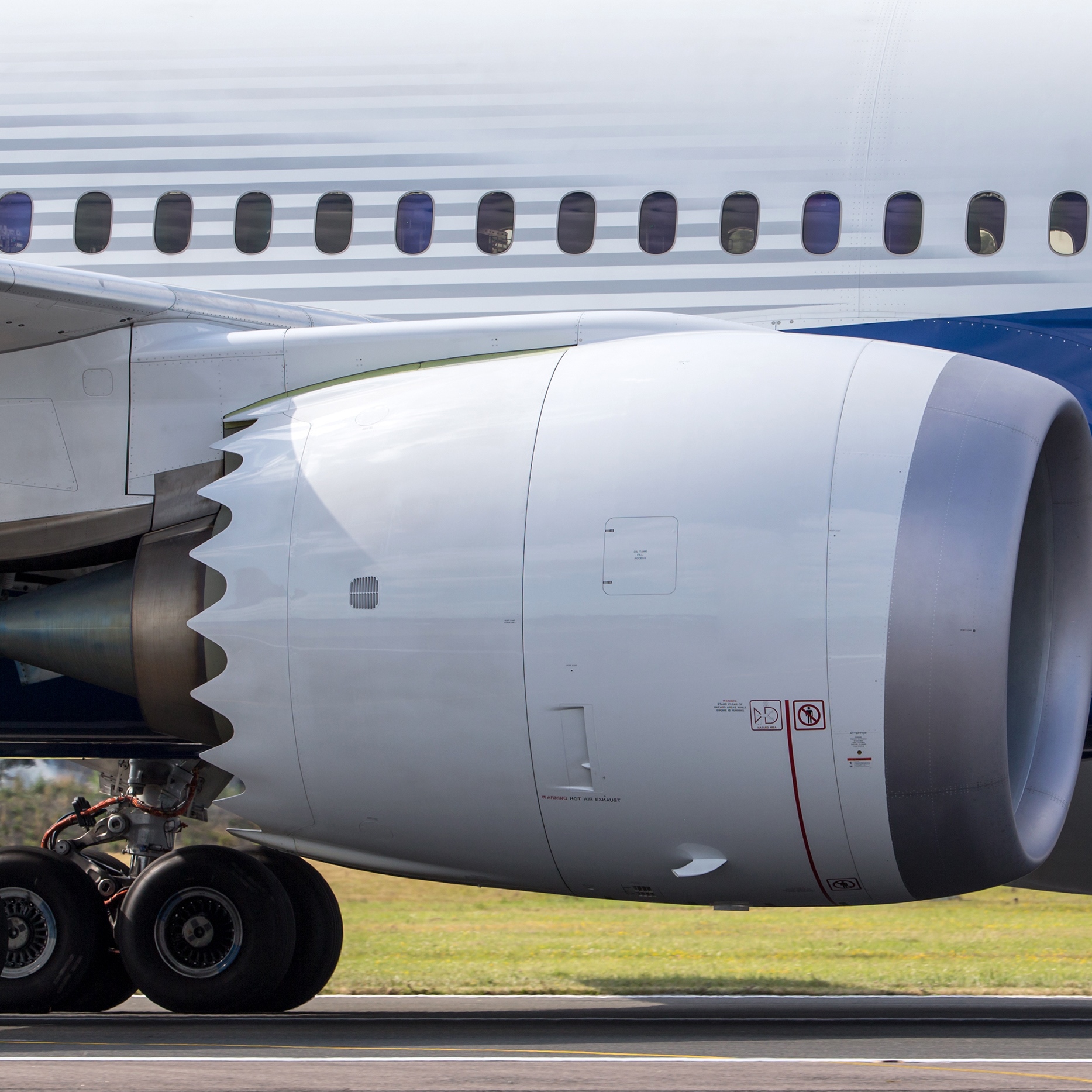
Dow Jones Industrial Average component Boeing Co. (NYSE: BA) reports fourth-quarter and full-year results before markets open on Wednesday. Until last week the prospects were pretty solid. Then Boeing announced a pretax $885 million fourth-quarter charge on its 747 program and a further slowdown in production of the jumbo jet from one per month beginning in March to one-half plane per month beginning in September.
Analysts had a quarterly earnings per share (EPS) estimate of $2.14 prior to the announcement, and that has now dropped to a consensus estimate of $1.26. For the full year, analysts expect Boeing to post EPS of $7.38, compared with $8.60 in 2014.
The consensus fourth-quarter revenue estimate is $23.55 billion, down from actual revenues of $24.47 billion in the year-ago quarter, and full-year revenue is expected to come in at $96.09 billion, up nearly 6% compared with 2014 revenues of $90.76 billion.
While the 747 production rate decline is not good news, it pales in comparison with production rates on the current version of the 777. That plane is as close to a cash cow as Boeing has and the company needs to keep producing these planes at a rate of about eight a year out through 2021 in order to keep the cash flowing in.
At the end of December Boeing reported 176 unfilled orders for the 777-300ER and 42 for the 777F freighter. The company also has 306 orders for the 777X, but those are not scheduled to enter service until 2020. The 218 orders for existing models of the 777 won’t last until then at current production rates. If Boeing announces a drop in 777 production, the stock will take a nasty hit.
Another big thing to look for is the company’s cash flow. Boeing has turned investors into cash-flow fanatics and has stuck by its forecast made in January of last year for $9 billion in cash flow. That’s as close to a sure thing as investors are ever likely to see. Boeing will have moved the proverbial mountain to make this forecast.
One final thing to watch for is a leveling off, if not a drop, in the company’s deferred production costs. These are almost entirely due to the enormous expense of bringing the 787 program to life. At the end of the third quarter, Boeing reported deferred production costs total of $28.31 billion. That reflected a quarter-over-quarter gain of around $577 million, the smallest increase in more than three years. When that number stops growing it means that Boeing is no longer losing money on every 787 it sells; when the number starts to shrink, Boeing will be making a profit on every 787 it sells.
As the noon hour drew to a close on Tuesday, Boeing’s stock traded up about 2.8%, at $127.46 in a 52-week range of $115.14 to $158.83.
Take Charge of Your Retirement In Just A Few Minutes (Sponsor)
Retirement planning doesn’t have to feel overwhelming. The key is finding expert guidance—and SmartAsset’s simple quiz makes it easier than ever for you to connect with a vetted financial advisor.
Here’s how it works:
- Answer a Few Simple Questions. Tell us a bit about your goals and preferences—it only takes a few minutes!
- Get Matched with Vetted Advisors Our smart tool matches you with up to three pre-screened, vetted advisors who serve your area and are held to a fiduciary standard to act in your best interests. Click here to begin
- Choose Your Fit Review their profiles, schedule an introductory call (or meet in person), and select the advisor who feel is right for you.
Why wait? Start building the retirement you’ve always dreamed of. Click here to get started today!
Thank you for reading! Have some feedback for us?
Contact the 24/7 Wall St. editorial team.
 24/7 Wall St.
24/7 Wall St.
